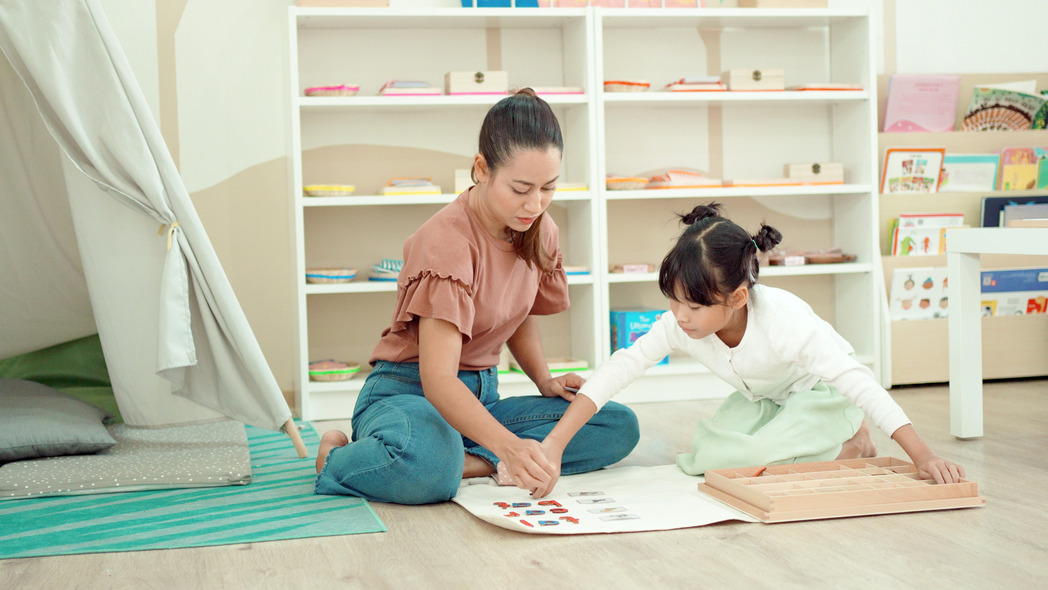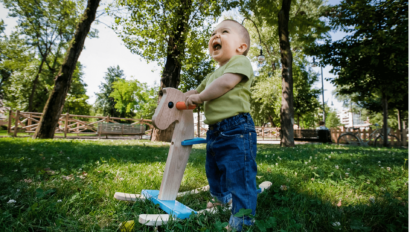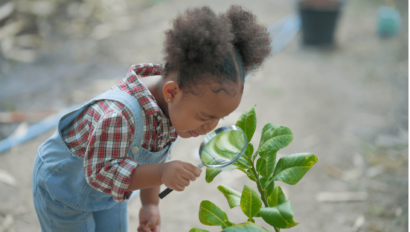From Caregivers to Guides: The Many Roles of Montessori Educators in Minnesota

In a Montessori classroom, educators are more than teachers. They are observers, mentors, and trusted guides who help shape every part of a child’s development. Through child-centered learning, hands-on activities, and a nurturing environment, Montessori-trained educators support growth that goes far beyond academics.
At Minnesota Montessori, we follow the Montessori philosophy to help each child grow into a confident, curious, and independent learner. Our guides are deeply involved in every stage of a child’s journey — from the first moments of separation to the joy of self-discovery.
Nurturing the Whole Child Through Montessori Education
Montessori educators understand that social and emotional development is just as important as learning to read or count. Our classrooms are designed to foster grace, courtesy, empathy, and cooperation. Children learn to care for one another, to wait their turn, to listen, and to express themselves respectfully. These lessons happen naturally through daily routines, peer interactions, and the guidance of experienced Montessori teachers.
Every day, our guides model positive behaviors and provide emotional support that helps children feel safe and valued. This trust is foundational to child-centered learning. When children feel secure, they are more open to exploring new ideas and building meaningful relationships.
Supporting Independence, Curiosity, and Cognitive Growth
Montessori classrooms are built around the idea that children learn best when they are active participants in their education. Our guides encourage exploration and discovery by offering individualized learning plans and materials that align with each child’s interests and developmental stage.
Children are free to choose their work, repeat activities until mastery, and move at their own pace. This sense of freedom within structure supports deep engagement and builds intrinsic motivation. Guides carefully observe each child and introduce new lessons at just the right time, creating opportunities for critical thinking, problem-solving, and creativity.
Practical life skills are also a cornerstone of Montessori education. Whether a child is learning to pour water, tie their shoes, or prepare a snack, they are developing fine motor skills, concentration, and independence. These real-world tasks are incredibly valuable — they build confidence and teach children that they are capable of caring for themselves and their environment.
Physical Development and Language Through Hands-On Activities
Montessori classrooms are rich with opportunities for movement and sensory development. Children engage in purposeful physical activity as they carry trays, sweep the floor, or work with tactile materials. This type of movement supports coordination, balance, and body awareness.
Language is woven into every part of the day. Through storytelling, conversation, vocabulary cards, and reading, children are constantly expanding their communication skills. Guides gently encourage expression and comprehension, helping children grow as both speakers and listeners.
Montessori Guides as Mentors: Building Confidence and Resilience
Being a mentor in a Montessori environment means more than teaching — it means listening, supporting, and walking alongside the child as they discover who they are. Montessori educators help children understand that mistakes are part of the learning process. Instead of rushing to correct, guides encourage reflection and retrying, which strengthens resilience and a growth mindset.
Children who trust their guide are more likely to take risks in their learning, ask questions, and try again when something doesn’t go as planned. This relationship creates a strong emotional foundation that supports both academic and personal development.
Recognizing the Unseen Roles of Montessori Educators
Much of what Montessori educators do happens quietly. They observe, adapt, and support each child in ways that often go unnoticed. Families and communities can support this work by recognizing the many hats guides wear: mentor, emotional coach, problem-solver, and advocate.
Open communication between families and guides helps create consistency between home and school. Small gestures of appreciation, like a thank-you note or a kind word, can make a big impact. Communities can also advocate for fair compensation, ongoing training, and the time needed to prepare and reflect — all of which are essential to maintaining a supportive teaching environment.
By honoring these unseen roles, we help create a Montessori school community where children thrive — emotionally, socially, and academically.
Meet Our Montessori Guides and See the Difference
If you’re curious about the benefits of Montessori education for preschoolers or want to understand how our educators support each child’s growth through hands-on exploration and individualized learning, we’d love to welcome you in.
Book a tour of Minnesota Montessori in Shakopee, MN to meet our dedicated Montessori guides and experience how a nurturing, thoughtfully prepared environment supports confident, independent learners from the very start.


